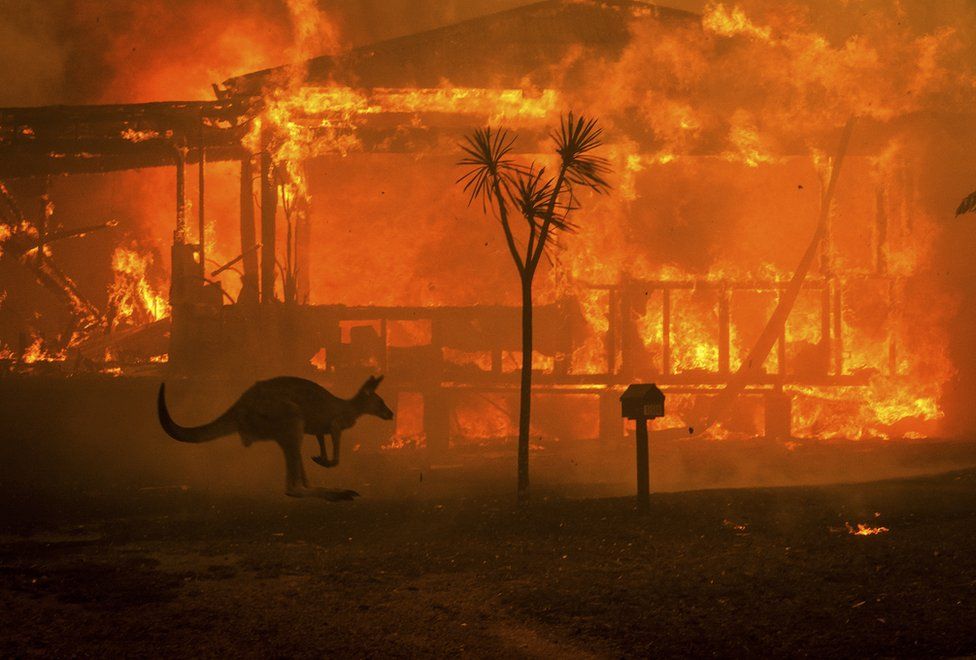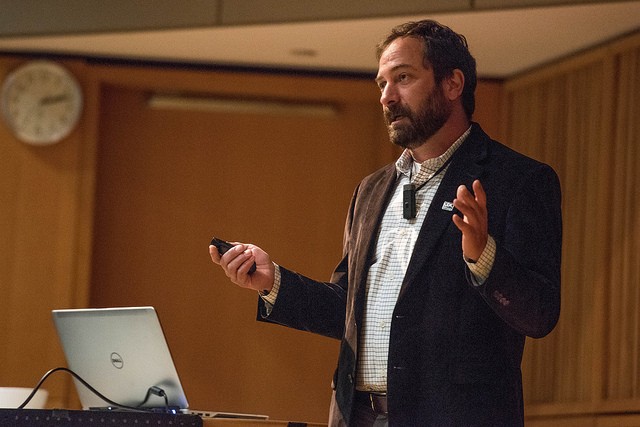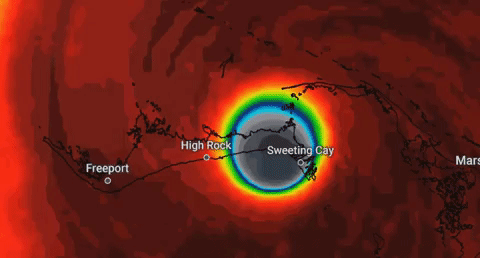Oil and gas lobbying threatens California’s game-changing climate bills – Legislation aims to shine a light on corporate climate pollution and carbon offsets – “Delay is the new denial”
By Aaron Cantú
26 June 2023
(Capital & Main) – Two transparency bills in the California Legislature would require corporations to disclose more information about their emissions and their efforts to fight the climate crisis. The oil and gas industry is spending millions to kill them.
The bills would force big companies that do business in California to report all of their emissions and require firms that buy or sell carbon offsets — which are credits that represent a reduction in greenhouse gas emissions — to disclose more information in an effort to crack down on bogus climate claims. Both SB 253 and AB 1305 have momentum but could be blocked by moderate Democrats historically aligned with corporate interests.
Since the legislation would make new information available beyond California, the two bills could represent a watershed moment for holding big polluters accountable when they claim climate bonafides, supporters say.
Reporting requirements for corporate emissions are currently fragmented, and SB 253 would be a landmark law pinning down the climate impacts of some of the world’s largest companies. And as more companies market themselves as partners in the climate fight, greater oversight over voluntary carbon trading markets could help verify their claims. Challenges range from a lack of information on who is buying and selling credits to credits handed out for emissions reductions that never actually happened. AB 1305 requires this information to be reported publicly.
The bills are opposed by the Western States Petroleum Association, which has already spent $2.38 million on lobbying and advocacy groups this year. While some oil and gas companies in California have expressed their support for rolling back climate change, industry opposition fits into an agenda of delaying action, said Ryan Schleeter, communications director at the Climate Center.
“Delay is the new denial,” said Schleeter. “Climate denial won’t fly in this state, and companies are smart enough to figure that out, so they delay as long as possible and squeeze out as much profit as they can.”

“We Can’t Improve What We Don’t Measure”
Lawmakers are evaluating the bills as the climate crisis intensifies around the world. Halfway into 2023, smoke from extreme wildfires blanketed Canada and the U.S. Record-breaking temperatures have struck Texas, Mexico, Ireland, Britain, Puerto Rico, Europe, Northern Africa and Asia.
In California, WSPA insists that it wants to be part of the “climate conversation,” according to Kevin Slagle, the association’s vice president of strategic communications.
WSPA’s opposition to the transparency bills “is based not so much on not wanting to progress, as it is how we get to those places,” he continued, noting areas where the oil and gas industry is promoting solutions like hydrogen and biofuels. “Is it that we are often pushing too far, too fast?”
But industry warnings about pace and ambition contrast with the U.N.’s insistence that deep, rapid and sustained reductions are needed now. And the bills are in line with recommendations from a group of experts convened by the United Nations, which concluded that companies should annually report their emissions and reliance on carbon offsets as early steps to eventually ending fossil fuel production.
When pressed on the matter, Slagle deflected, offering his view that the oil and gas industry has been unfairly painted as “evil” due to its frequent opposition to climate accountability measures. In public comments and written testimony, WSPA representatives have said little about why they oppose reporting requirements proposed under SB 253. The California Chamber of Commerce, which has spoken for a broader opposition coalition that includes WSPA and other business associations, cites compliance costs. [more]
Oil and Gas Lobbying Threatens California’s Game-Changing Climate Bills



